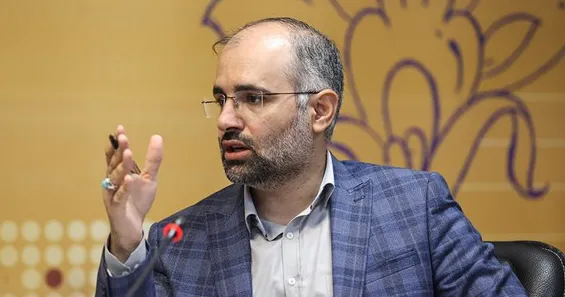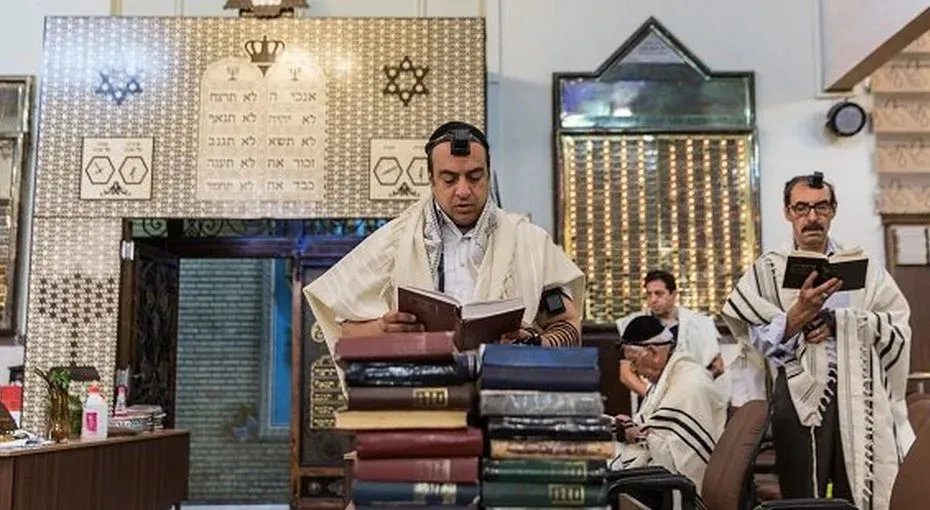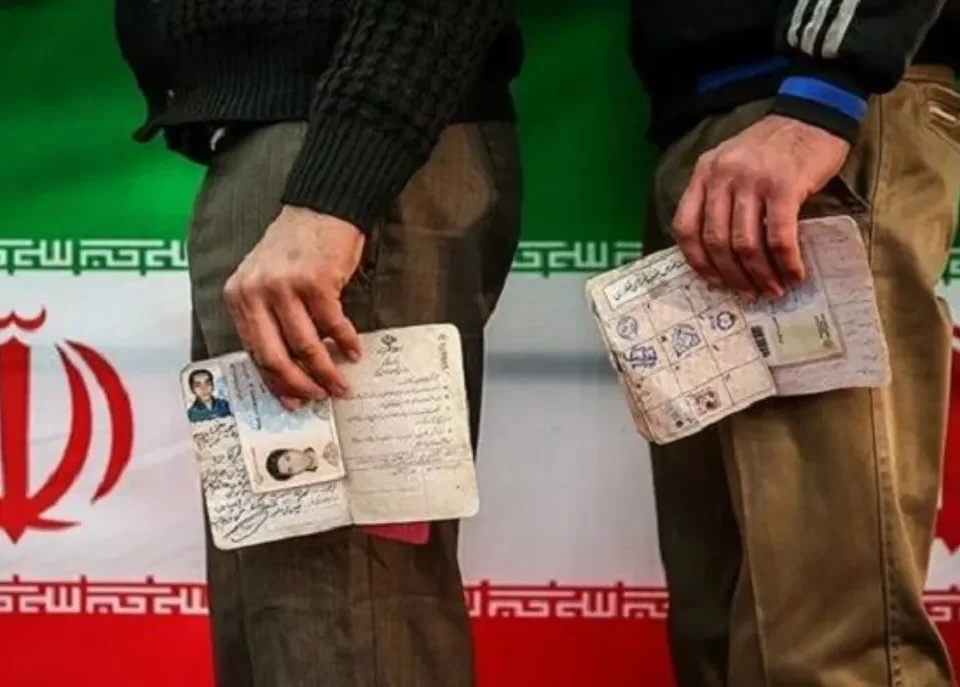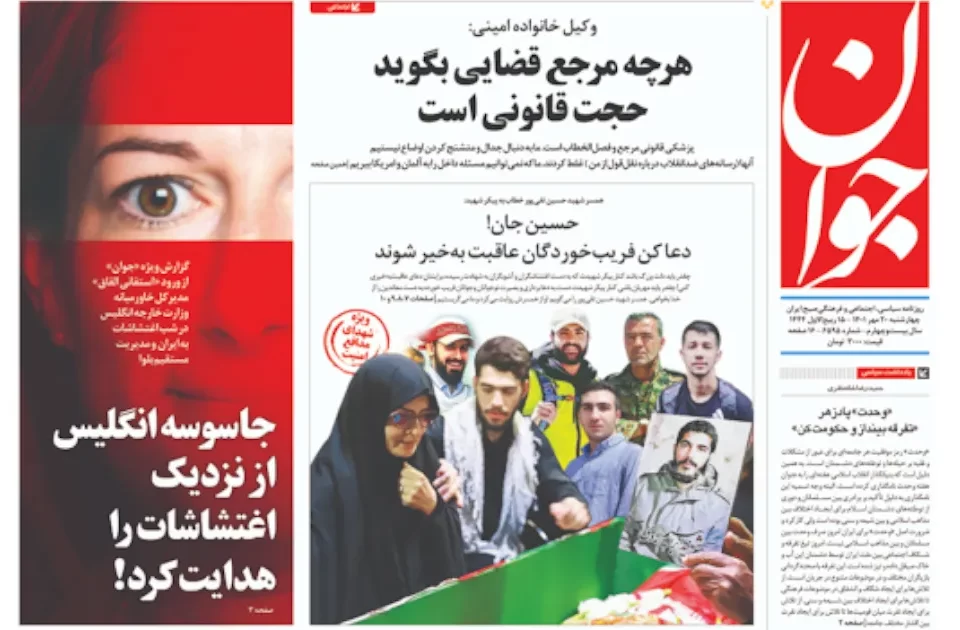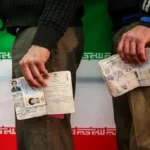
Media Review: What is the Way to Protect Yourself and Others Against the Dangerous Fars News Agency?
May 7, 2023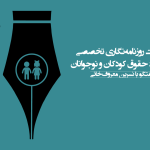
The Necessity of Specialized Journalism with a Focus on Children and Adolescents’ Right
May 29, 2023Creating division and conflict among religious, ethnic, and cultural groups is the first destructive consequence of “hate incitement”; a phenomenon that throughout history has had destructive effects and consequences and has become more prominent in recent years due to the widespread use of social networks and the opportunity they provide for expressing citizens’ opinions.
Hate incitement, due to its impact on peace and individual and collective development, and its potential to violate human rights and incite war, has been recognized by democratic countries as a red line for freedom of expression, and even the United Nations has called on countries around the world to combat this destructive phenomenon. Any expression or behavior that is derogatory, discriminatory, and incites animosity, hatred, and violence against an individual, group, or nation is an instance of hate speech and must be confronted.
To clarify the matter, pay attention to this tweet by “Mohammad Saleh Mofatteh,” the cultural deputy of the media and education office of the Command for Promotion of Virtue and Prevention of Vice and former editor-in-chief of “Fardanews,” published on November 22, 2022. He wrote in this tweet:
“1- Javanrud was a base for ISIS in recent years, and they carried out terrorist operations in the country. 2- In the Ghezelhesar area at the beginning of the revolution, instead of a lamb, they sacrificed 16 humans in front of the bride of Koomleh. 3- Kurdish terrorists used to dismember people’s bodies to inflict more suffering. That’s it.”
Media Review: The Key and Headquarters of Hatred Incitement to Legitimize Suppression in Javanrud Why are these statements an instance of hate incitement? Asking these questions can serve as a guide in identifying hate-inducing statements:
1- Who is the speaker, what position do they hold, and can their position potentially influence their motivation? Can they be ignored?
Mohammad Saleh Mofatteh, who describes himself on Twitter as a politician and media person, a perpetual student of law, and aspiring for justice, has been involved in the justice-seeking student movement before.
He served as the cultural deputy of the media and education office of the Command for Promotion of Virtue and Prevention of Vice and was the former editor-in-chief of Fardanews. He is part of the media apparatus of the Islamic Republic’s propaganda machine with 43,000 followers on Twitter and around 10,000 followers on Instagram. He has close relationships with government officials, and many of them follow him on Twitter. Therefore, he is heard both within the government and among repressive forces, so he cannot be disregarded.
2- How much do these statements serve their group’s interests, and how much do they harm others?
Mofatteh, representing the principled conservative movement in the media, in this tweet, seeks to legitimize the widespread suppression of the people of Javanrud during recent days; days in which the government has resorted to armed confrontation with protesters in this predominantly Kurdish city. It is evident that after the flood of protests against the government and the raising of questions about the reason behind the unarmed people of Javanrud being massacred, he has come to the field to defend the government and absolve it of this crime. This tweet explicitly supports the brutal suppression of protesters in Kurdistan and harms the people of this region.
3. Are these statements inherently dangerous and can they incite others to violence?
Yes, associating a city with the base of a terrorist group like ISIS, which is itself a source of hatred and violence, and making false claims (he has not provided any evidence for his claims and has not published the source of his allegations) about how the people of this city dealt with revolutionary forces in the 1960s can definitely have an impact on the repressive aspects and personal agendas of the “arsonists” movement and serve as a license for more brutal suppression.
4. Are these statements a reactionary response to a violent or discriminatory social, economic, political, and historical movement? Do they affect the movement?
Yes, these statements are directly related to the “Women, Life, Freedom” movement, which has experienced risky days in the past two months, and it seeks to marginalize the success of this movement and legitimize its suppression.
5. Do these statements follow a behavioral pattern?
Yes, the government has long been associating any protest movement with terrorist groups or hostile governments. For years, false narratives about events in Kurdistan have been promoted in government media, and these statements repeat the same fabricated stories created by the government.
Not harming others is an ethical principle in journalism. However, for someone whose goal is to legitimize repression, harming others (opponents and protesters) is a mission, and Mr. Mofatteh has precisely fulfilled this mission in his tweet. Therefore, the goal of disseminators of hatred is to infiltrate the inclinations of individuals in society, evoke emotions, and set specific thoughts in motion, by coordinating and directing biased and purposeful information to the audience, in order to incite group prejudice against the opposing movement. This bias can overshadow dialogue, presentation of arguments, and the application of elimination policies can appear legitimate.
In the absence of an independent judiciary and a responsive government, we cannot expect justice to be served in dealing with disseminators of hatred. However, by preventing the republication of such statements and reports and blocking the accounts of these individuals, we can prevent greater harm to society. Combating hatred has been emphasized by the United Nations as a universal duty to protect peace and development and is recognized as a global mission.
مرور رسانهها؛ مفتاح و ستاد نفرتپراکنی برای مشروعیتبخشی به سرکوب در جوانرود
ایجاد تفرقه و نزاع میان گروههای مذهبی، قومی و فرهنگی اولین پیامد مخرب «نفرتپراکنی» است؛ پدیدهای که در طول تاریخ آثار و پیامدهای ویرانگر داشته و در سالهای اخیر به دلیل فراگیر شدن شبکههای اجتماعی و در پی فرصتی که این شبکهها برای طرح دیدگاههای شهروندان ایجاد کرده، پررنگتر شده است.
نفرتپراکنی به دلیل تاثیری که بر صلح و توسعه فردی و گروهی دارد و میتواند مسبب نقض حقوق بشر و جنگ باشد، توسط کشورهای دموکراتیک به عنوان خط قرمز آزادی بیان مورد توجه قرار گرفته و حتی سازمان ملل متحد کشورهای دنیا را به مقابله با این پدیده ویرانگر فراخوانده است. هر اظهارنظر و رفتاری که بار توهینآمیز، تبعیضآمیز و علیه فرد، گروه یا ملتی به کار رود که مشوق عداوت، تنفر و خشونت باشد، مصداق نفرتپراکنی یا «Hate Speech» است و باید با آن مقابله کرد.
برای روشن شدن موضوع، به این توییت «محمدصالح مفتاح»، معاون فرهنگی رسانه و آموزش ستاد امر به معروف و نهی از منکر و مدیر مسوول سابق «فردانیوز» که روز ۲۲ نوامبر ۲۰۲۲ منتشر شده است، دقت کنید. او در این توییت نوشته است:
«۱- جوانرود در سالهای اخیر پایگاه داعش در غرب بود و عملیاتهای تروریستی در کشور انجام دادند. ۲- در غائله کردستان در ابتدای انقلاب، جلوی پای عروس کومله به جای گوسفند، ۱۶ انسان قربانی کردند.۳- تروریستهای کُرد سر بسیاری افر
اد را با موزاییک از تن جدا میکردند تا زجرکش شوند. همین.»
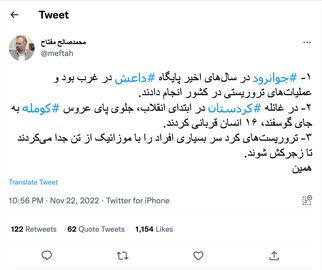
چرا این اظهارات مصداق نفرتپراکنی هستند؟ درتشخیص اظهارات نفرتانگیز، طرح این پرسشها میتواند چون راهنما عمل کند:
۱- گوینده کیست، چه موقعیتی دارد و آیا موقعیت گوینده ممکن است بر انگیزه او اثر بگذارد؟ آیا میتوان او را نادیده گرفت؟
محمدصالح مفتاح که در توییتر خود را اهل سیاست و رسانه، دانشجوی همیشگی حقوق و در آرزوی عدالت معرفی کرده، پیشتر از فعالان جنبش دانشجویی عدالتخواهی بوده است.
او معاون فرهنگی رسانه و آموزش ستاد امر به معروف و نهی از منکر و مدیر مسوول سابق فردانیوز بوده و از فعالان رسانه دستگاه پروپاگاندا جمهوری اسلامی است با ۴۳ هزار فالوئر در توییتر و حدود ۱۰ هزار فالوئر در اینستاگرام. رابطهای نزدیک با مقامهای حکومتی دارد و بسیاری از آنها او را در توییتر دنبال میکنند. بنابراین، هم در حکومت و هم در میان نیروهای سرکوب شنیده میشود، پس نادیده گرفتنی نیست.
۲- چهقدر این اظهارات منافع گروهی آنها را تامین میکنند و چهقدر در پی آسیب رساندن به دیگران هستند؟
مفتاح که جریان اصولگرا را در رسانهها نمایندگی میکند، در این توییت بیش از آن که در پی انتقال اطلاعات درست و مستند به مخاطبان باشد، مشروعیتبخشی به سرکوب گسترده مردم جوانرود طی روزهای اخیر را دنبال میکند؛ روزهایی که حکومت با سلاح جنگی به مقابله با معترضان در این شهر کردنشین روی آورده است. روشن است که او پس از سیل حملات معترضان به حکومت و طرح پرسشی در خصوص چرایی کشتار مردم بیسلاح جوانرود، برای فرار رو به جلو به میدان آمده است تا حکومت را از این جنایت مبرا سازد. این توییت به طور آشکارا در حمایت از سرکوب خشونتآمیز معترضان در کردستان و آسیب به مردم این منطقه منتشر شده است.
۳– آیا این اظهارات به خودی خود خطرناک هستند و میتواند دیگران را به خشونت تحریک کند؟
بله، نسبت دادن یک شهر به پایگاه یک گروه تروریستی چون داعش که خود سرچشمه نفرتپراکنی و خشونت است و نسبت دادن ادعاهای جعلی (او هیچ سندی برای ادعاهای خود ارایه نکرده و منبع ادعای خود را منتشر نکرده است) از چگونگی برخورد مردم این شهر با نیروهای انقلابی در دهه ۶۰، حتما میتواند بر بخشی از بدنه جریان سرکوب و لباس شخصیهای «آتش به اختیار» تاثیر بگذارد و مجوزی باشد برای سرکوب وحشیانهتر.
۴- آیا این اظهارات واکنشی به یک جنبش اجتماعی، اقتصادی، سیاسی و تاریخچهای خشونتزا یا تبعیضآمیز دارند؟ آیا بر جنبش اثر دارند؟
بله، این اظهارات مستقیما به جنش «زن، زندگی، آزادی» که طی دو ماه گذشته روزهای پرمخاطرهای را پشت سرگذاشته است، مرتبط هستند و میکوشد موفقیت این جنبش را به حاشیه برده و به سرکوب آن مشروعیتبخشی کند.
۵- آیا این اظهارات از یک الگوی رفتاری تبعیت میکنند؟
بله، حکومت سالها است برای سرکوب هر جنبش اعتراضی، آنها را وابسته به گروههای تروریستی یا دولتهای متخاصم میکند. سالها است روایتهای جعلی در رسانههای حکومتی از وقایع کردستان ترویج شده و این اظهارات تکرار همان داستانهای جعلی حکومتساخته است.
آسیب نرساندن به دیگران، یک اصل اخلاقی در حرفه روزنامهنگاری است. ولی برای کسی که هدفش مشروعیتبخشی به سرکوب است، اتفاقا آسیب رساندن به دیگران (مخالفان و معترضان) یک رسالت است و آقای مفتاح در این توییت دقیقا همین رسالت را ایفا کرده است. پس هدف نفرتپراکنان، نفوذ بر گرایش افراد جامعه، برانگیختن احساسات و به حرکت واداشتن اندیشههای ویژه و خوراندن اطلاعات هماهنگ و جهتدار به مخاطبان، برای رسیدن به مقاصد خاص است که میتواند تعصب گروهی را علیه جریان مخالف برانگیزد؛ تعصبی که میتواند بساط گفتوگو، ارایه استدلال و اقناع استدلالی را جمع و اعمال سیاست حذفی را مشروع جلوه دهد.
در فقدان نهاد قضایی مستقل و حکومت پاسخگو، نمیتوان انتظار اجرای عدالت در مواجهه با نفرتپراکنان را داشت ولی میتوان با پیشگیری از بازنشر اینگونه اظهارات و گزارش و مسدود کردن حساب این افراد جلوی خسارت بزرگتر به جامعه را گرفت. مقابله با نفرتپراکنی از سوی سازمان ملل متحد به عنوان یک وظیفه همگانی برای حفاظت از صلح و توسعه مورد تاکید قرار گرفته است و یک رسالت جهانی شناخته میشود.

